Spread the love
Sleeping with hearing aids is generally not recommended for several reasons, though it can depend on the type of hearing aid you use and your comfort. Here’s a detailed breakdown of the factors to consider in Can You Sleep In Hearing Aids in 2025.
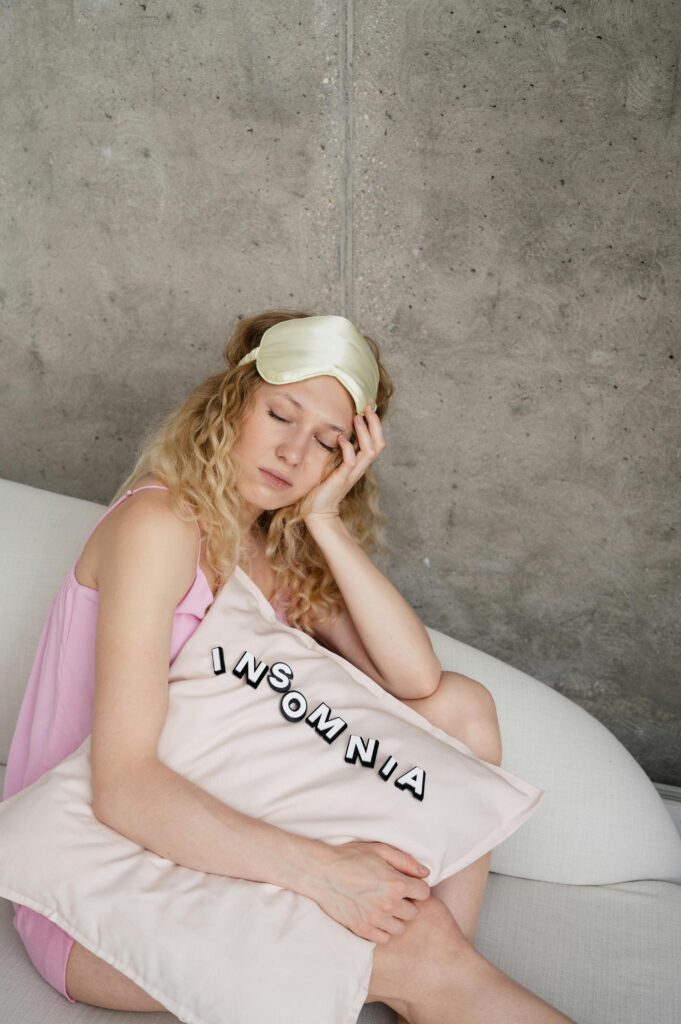
01. Comfort Issues While Sleeping.
- Physical discomfort: Hearing aids are not designed to be worn while lying on your side or pressing against pillows for long periods.
- Most hearing aids can be uncomfortable during sleep, especially if you toss and turn, as the pressure from lying on them can irritate your ears.
- Ear Canal Irritation: Sleeping with in-the-ear (ITE) or canal-type hearing aids can cause discomfort inside the ear canal, leading to soreness or even infections if your skin gets irritated.

02. Moisture Buildup.
- Sweat and humidity: While sleeping, your body temperature and moisture levels around your ears can increase, causing sweat or condensation to build up.
- This moisture can damage the internal components of hearing aids over time, leading to malfunctions or reduced sound quality.
- Ear wax production: Wearing hearing aids continuously, especially at night, can stimulate more ear wax production, potentially clogging the hearing aids and leading to blockages or feedback issues.
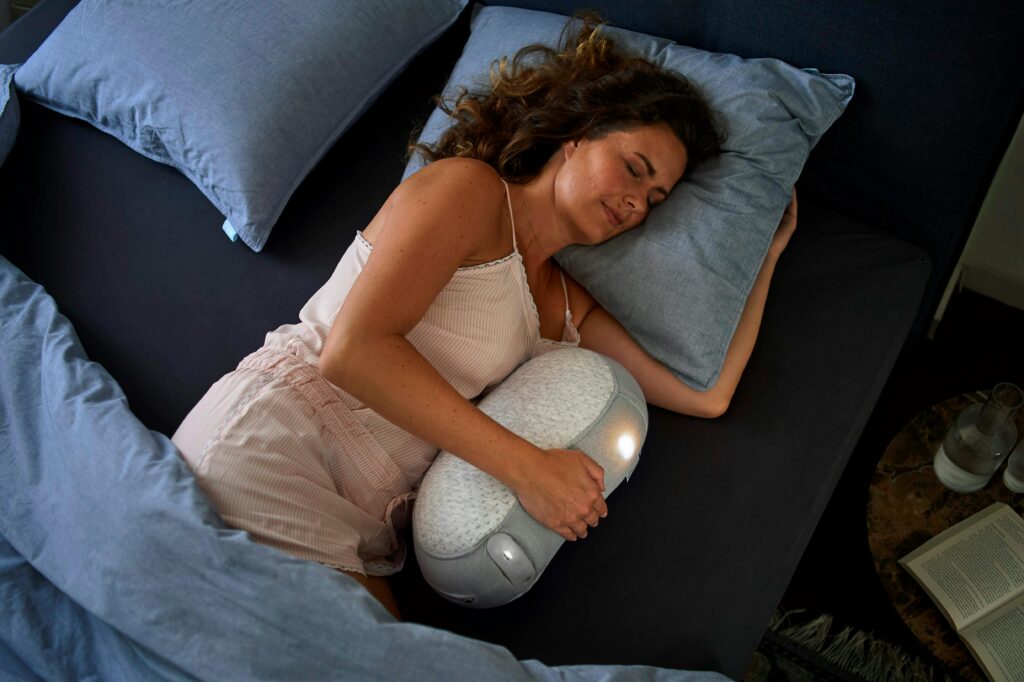
03. Battery Drains Faster.
- Battery consumption: Leaving your hearing aids on while sleeping will drain the batteries faster, meaning you’ll need to change or recharge them more often. This may not be ideal for rechargeable hearing aids or disposable batteries.
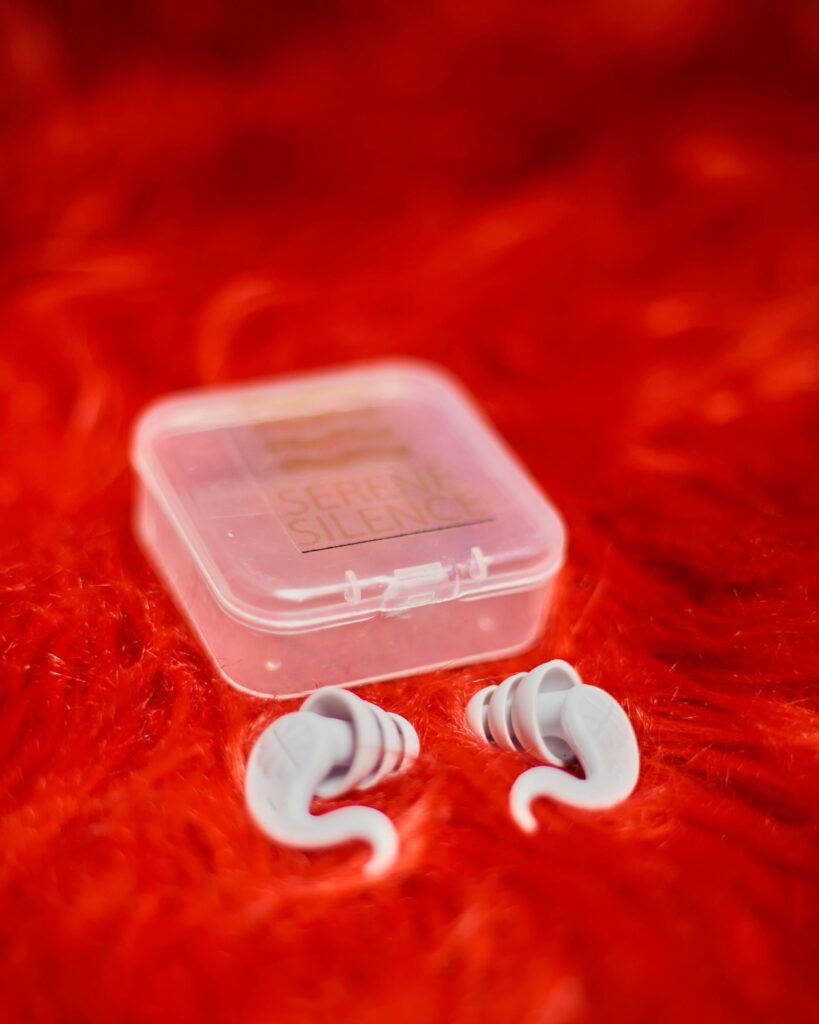
04. Noise Interference while sleeping.
- Nighttime noises: Depending on your sleeping environment, hearing aids can amplify unwanted sounds at night, such as the rustling of bed linens or external noises, which can interfere with restful sleep. This can make it harder to fall asleep or stay asleep.
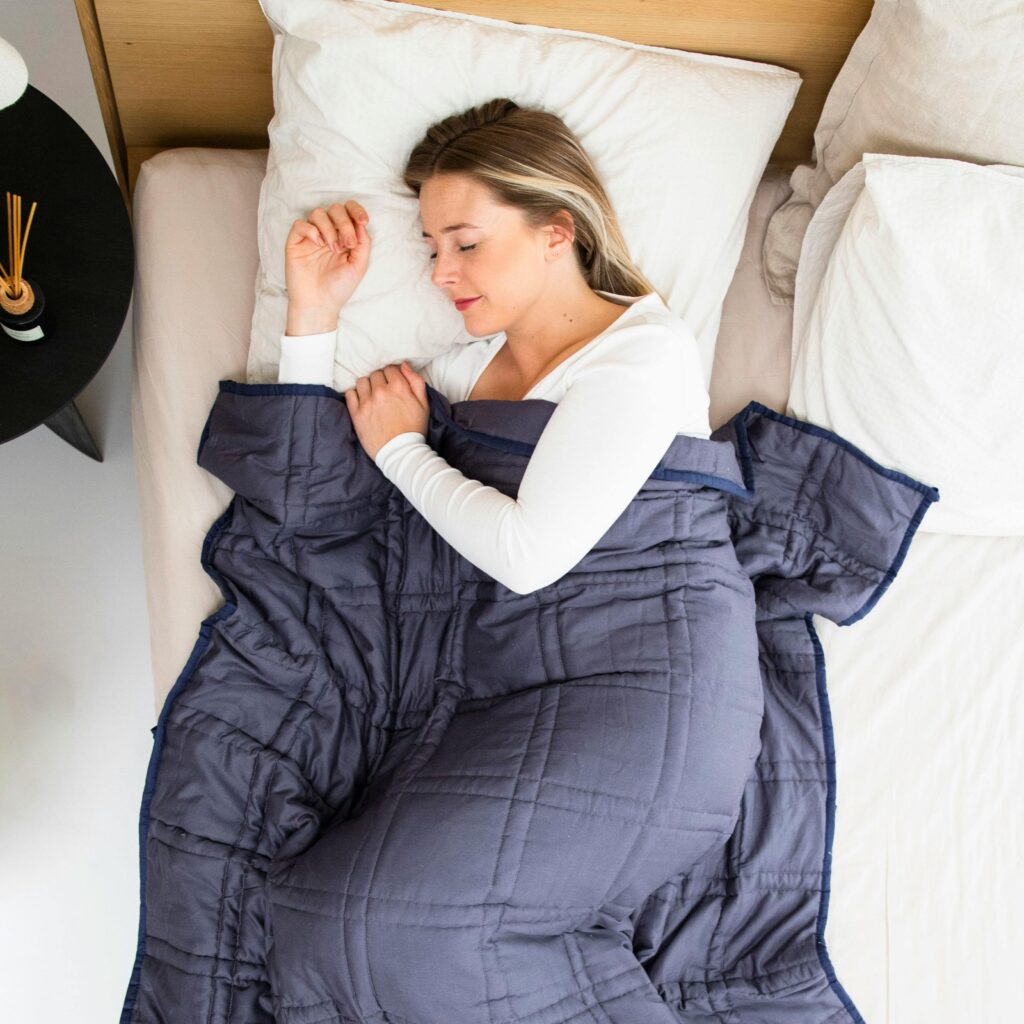
Must Check This Also:- Does Sleeping Without Panties Help A Vaginal Infection
05. Maintenance Concerns.
- Potential damage: Sleeping in hearing aids increases the risk of them falling out and getting lost or damaged, especially for smaller devices.
- The physical pressure exerted on the hearing aids during sleep can also wear them down or break fragile components, such as tubing and receivers.

06. Sleep Apnea.
- If you use devices like a CPAP machine for sleep apnea, wearing hearing aids at night can make it challenging to fit the CPAP mask properly, causing discomfort or interfering with sleep therapy.

Can You Sleep In Hearing Aids In 2025
For More Check This:- Factors Affecting When Babies Sleep | When Do Babies Sleep Through The Night
Alternatives and Tips for Better Sleep with Hearing Aids:
- Nightstands for hearing aids: Consider removing your hearing aids before sleep and placing them in a dry storage container or charger (for rechargeable models) on a nightstand.
- Sleeping with hearing aids in special situations: Some people with severe hearing loss may wear their hearing aids overnight in case of emergencies or alarms, but this should be done with caution and only with hearing aids designed for extended wear.
- Special alarms and alerts: Instead of relying on hearing aids for nighttime hearing, use assistive devices such as vibrating alarm clocks or bed shakers for important alerts during sleep.

How To Keep A Man Interested After Sleeping With Him

Why Do People Talk In Their Sleep
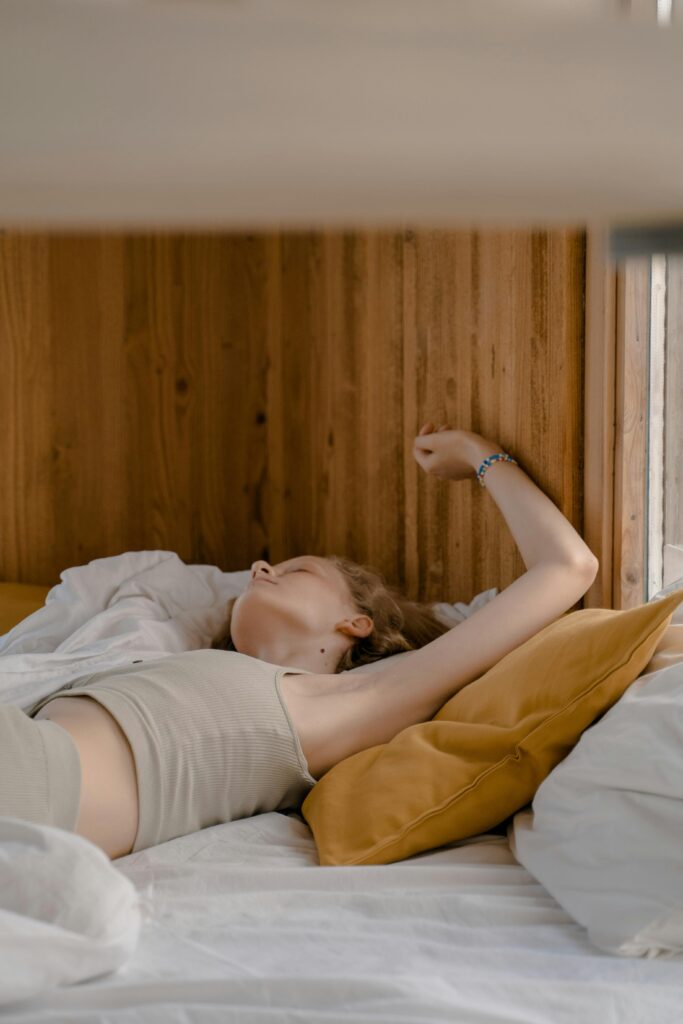
How Can I Make Myself Sleep On My Back
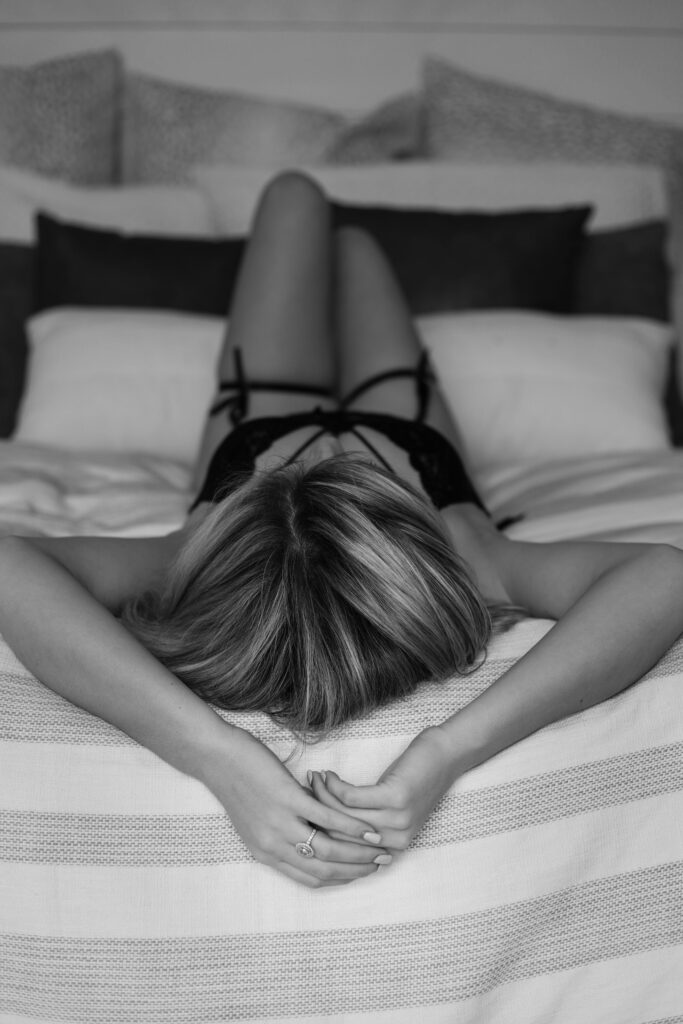

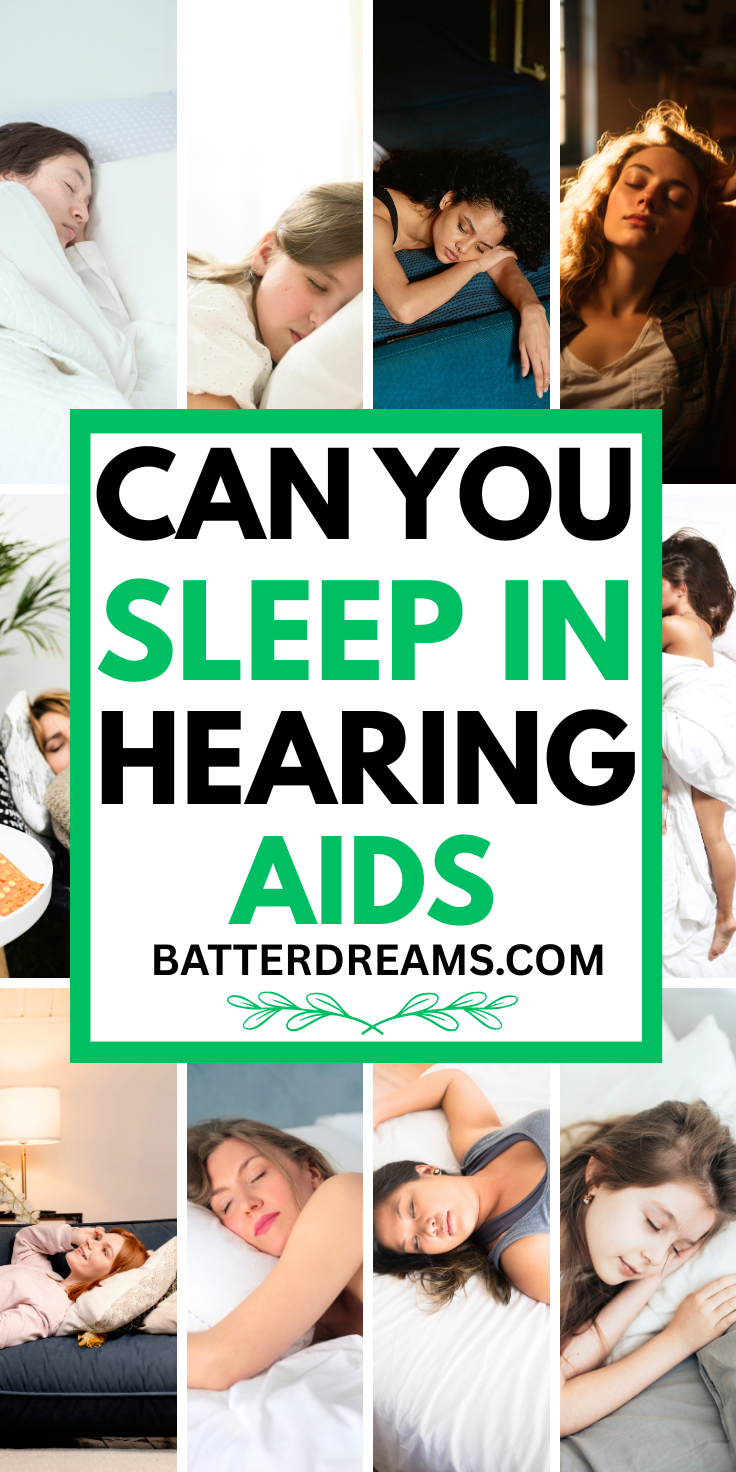
3 thoughts on “Can You Sleep In Hearing Aids In 2025”